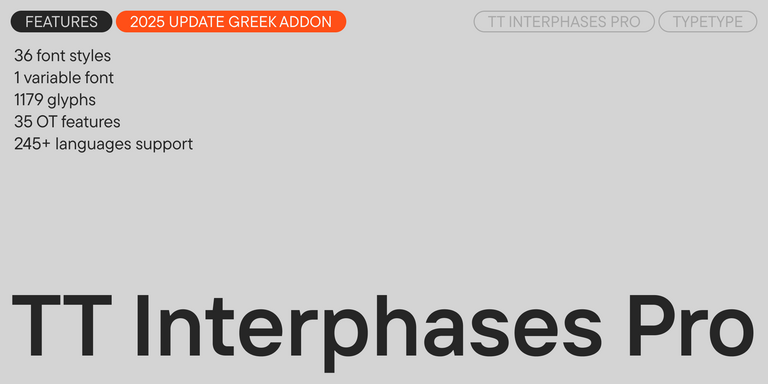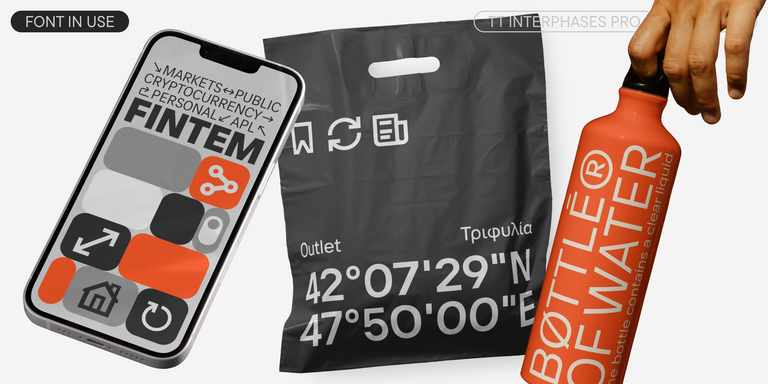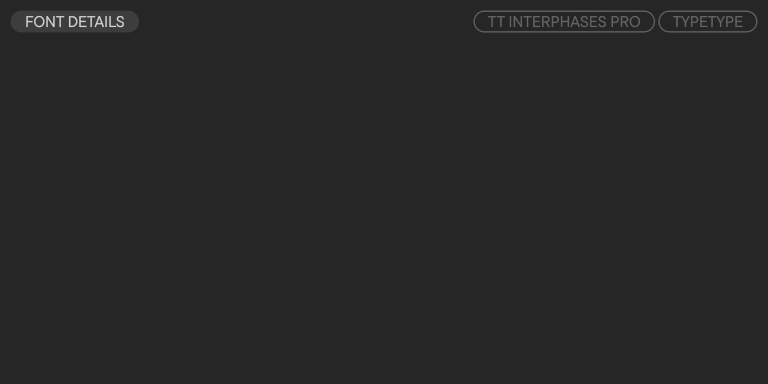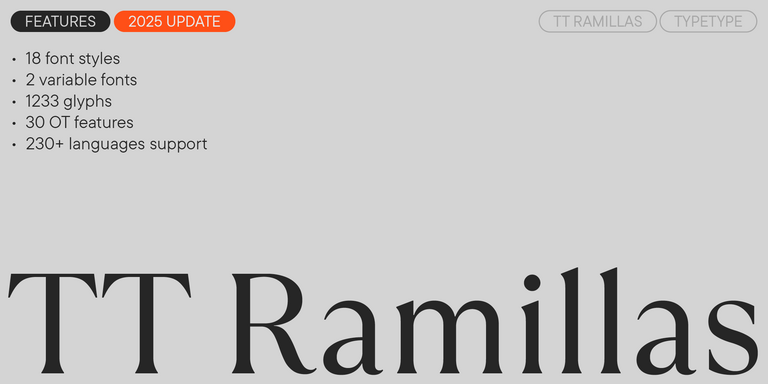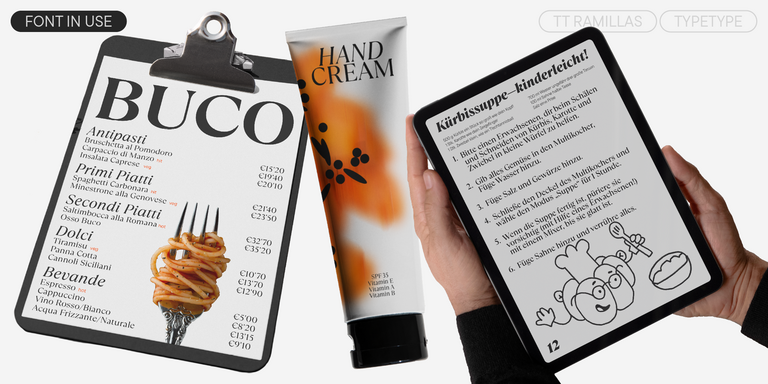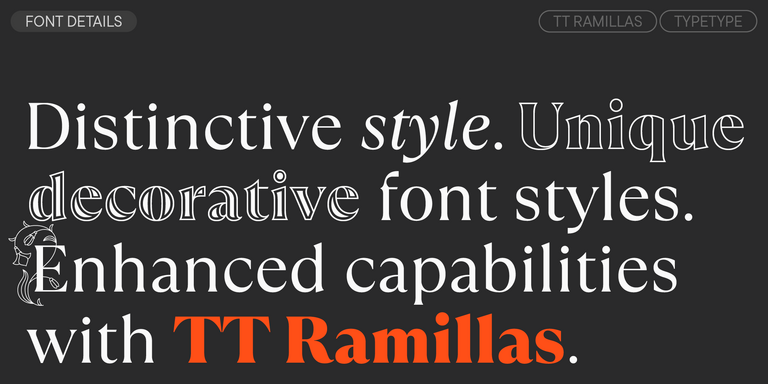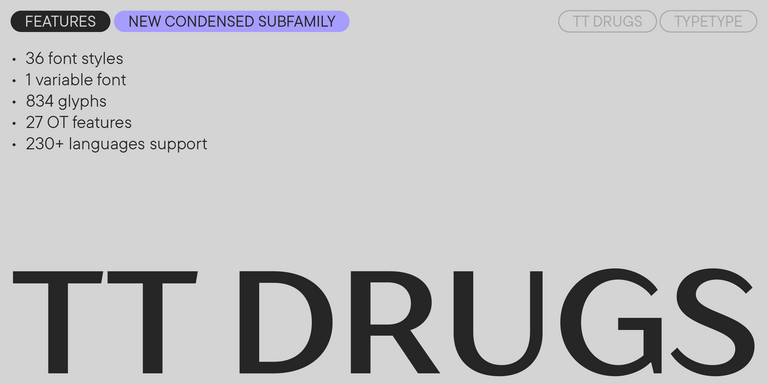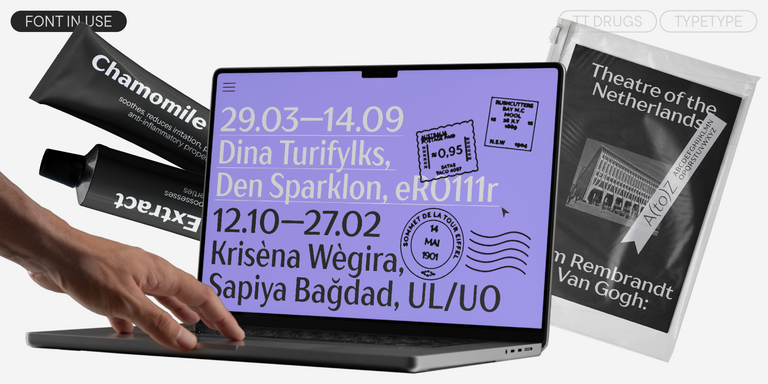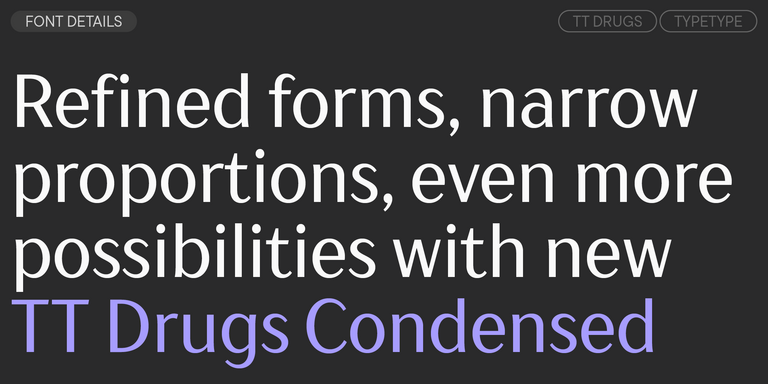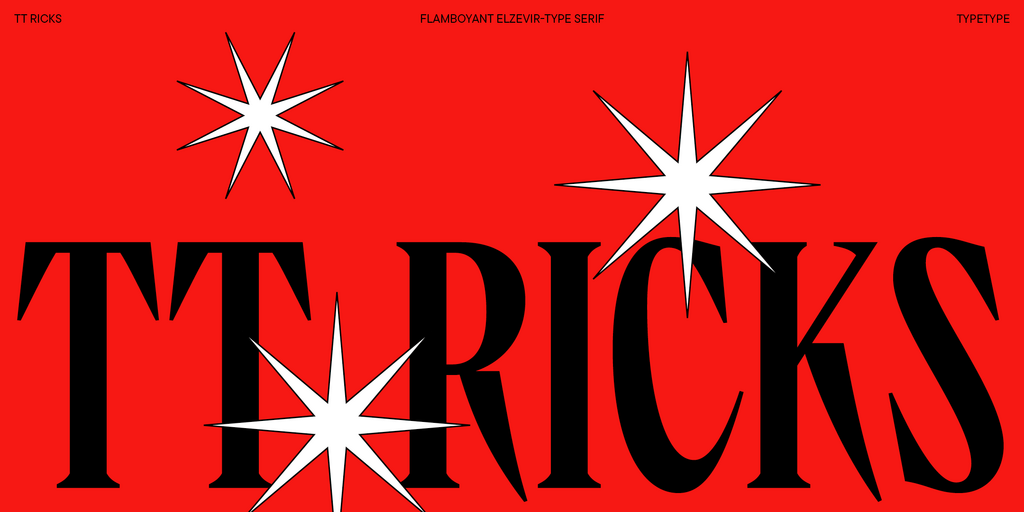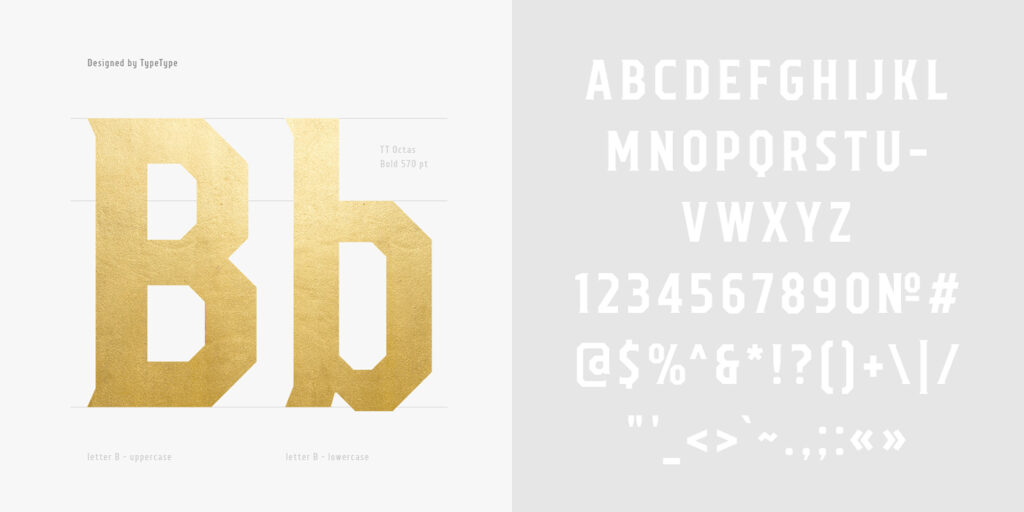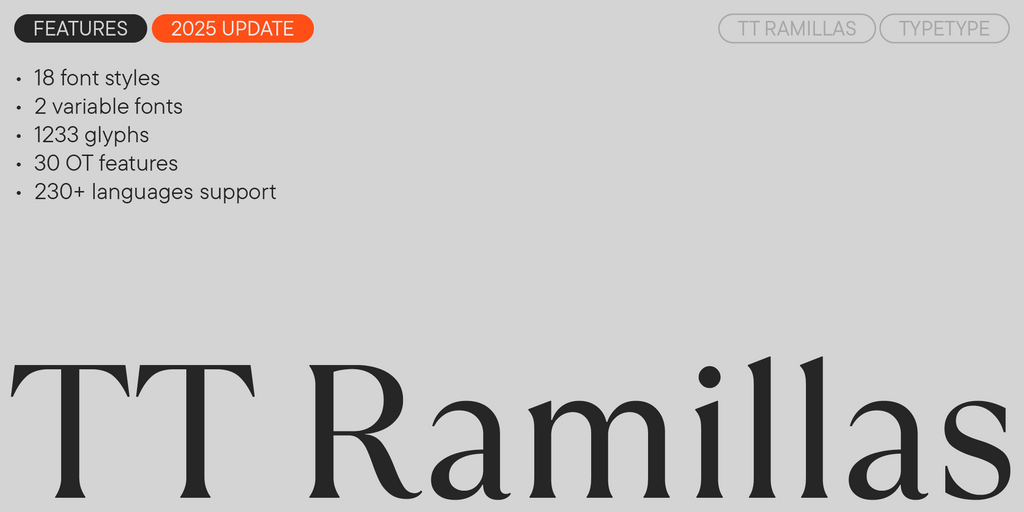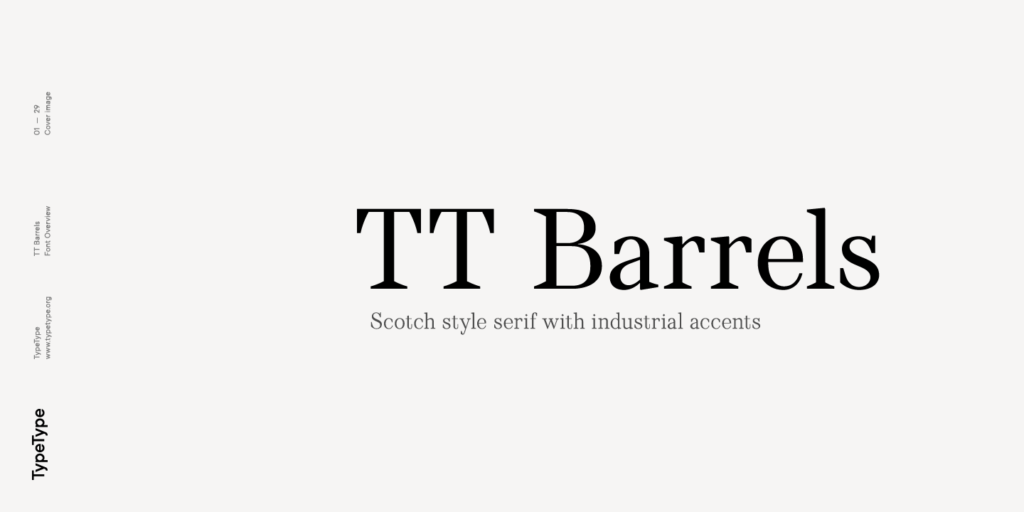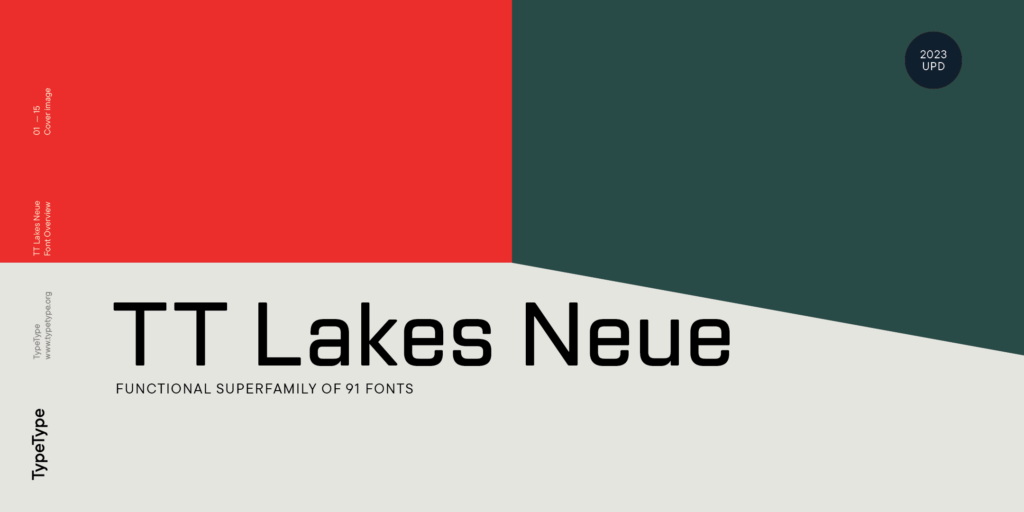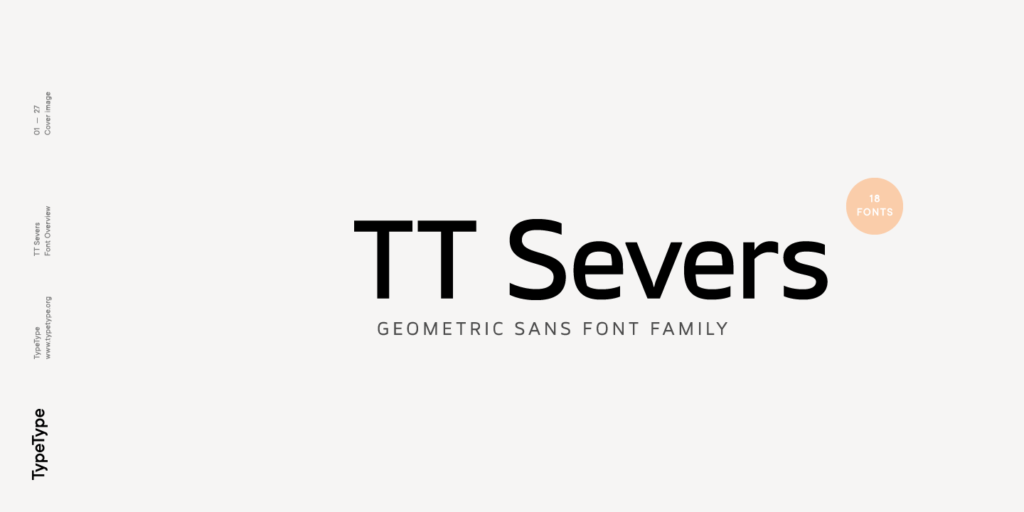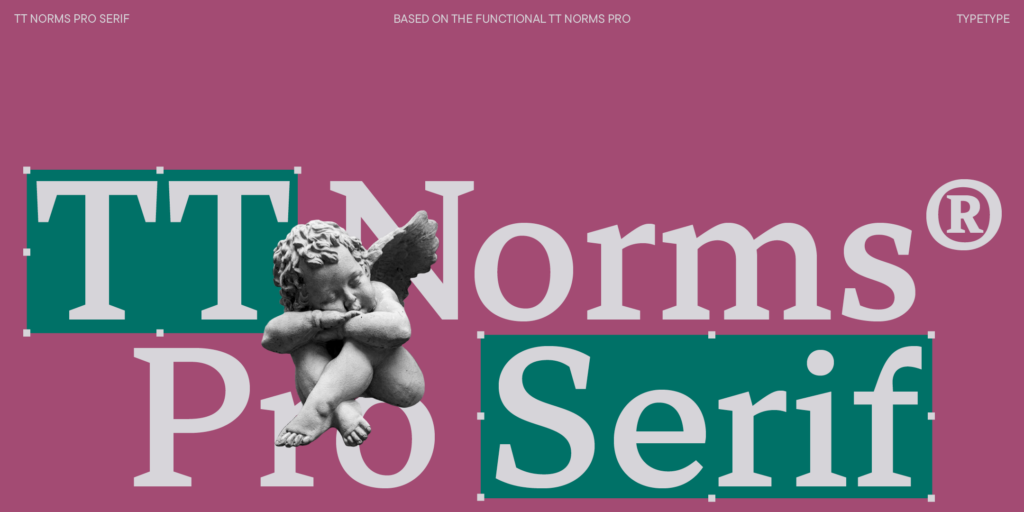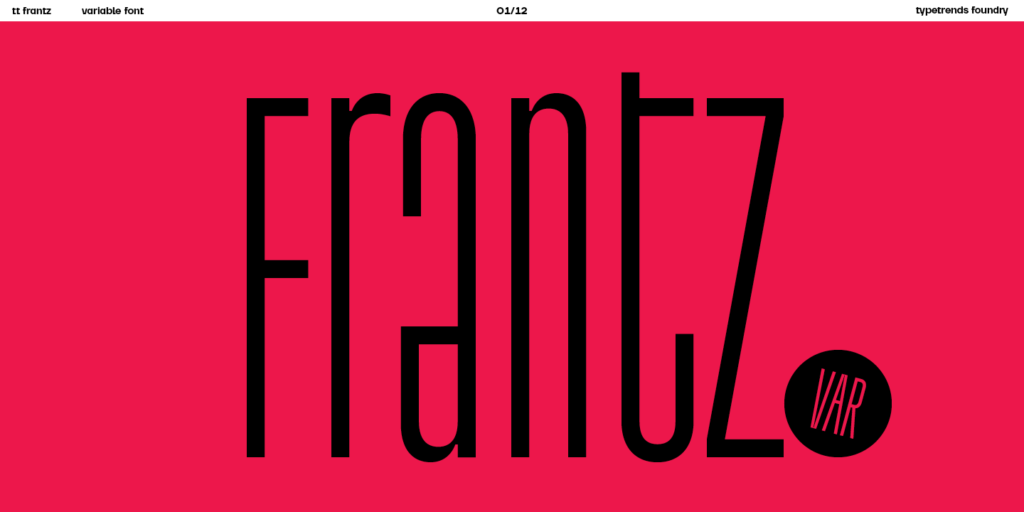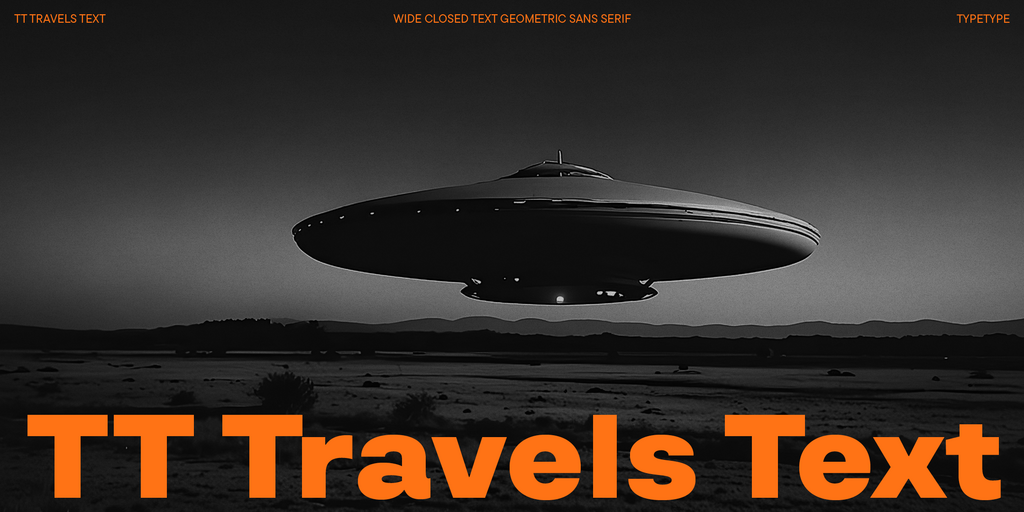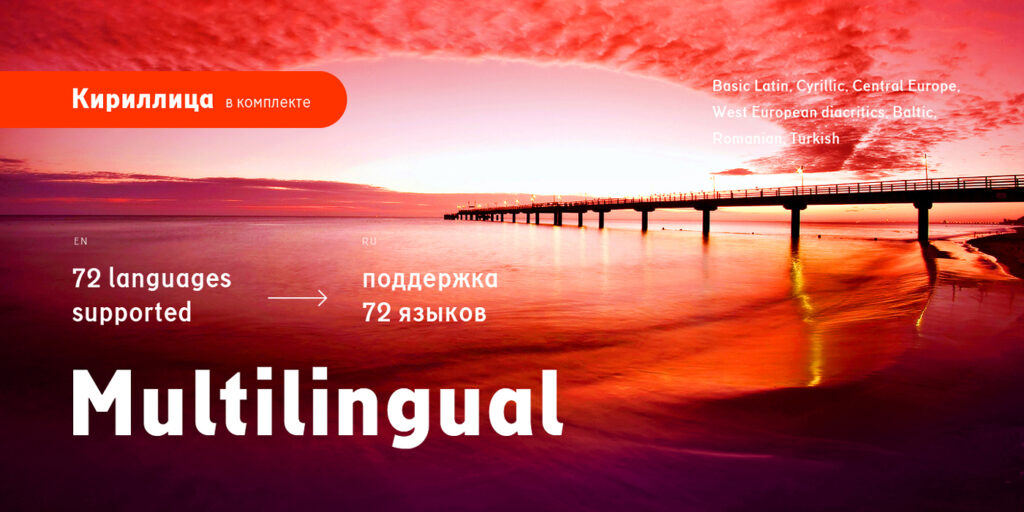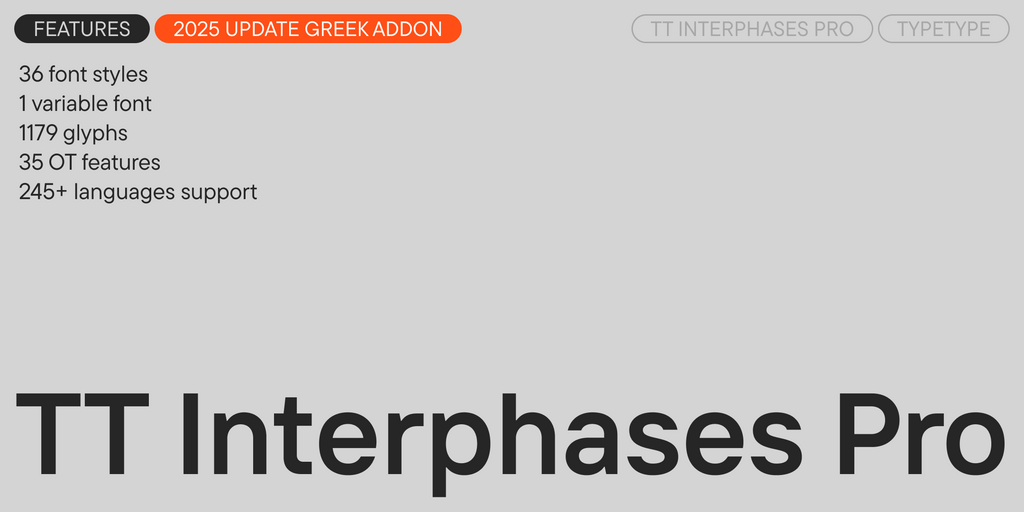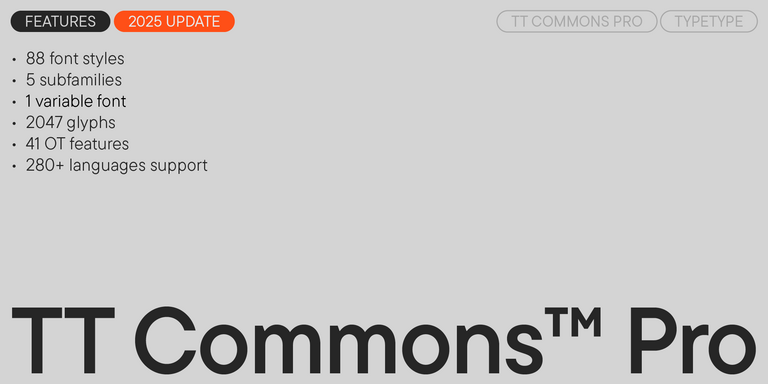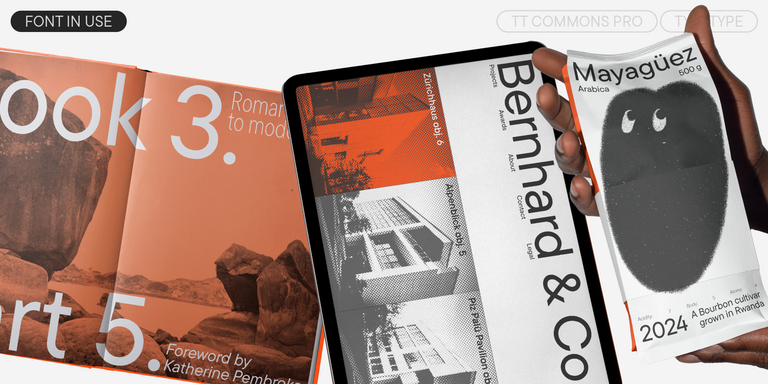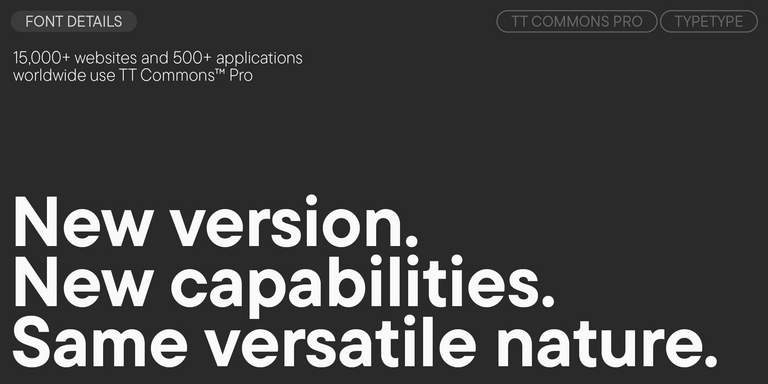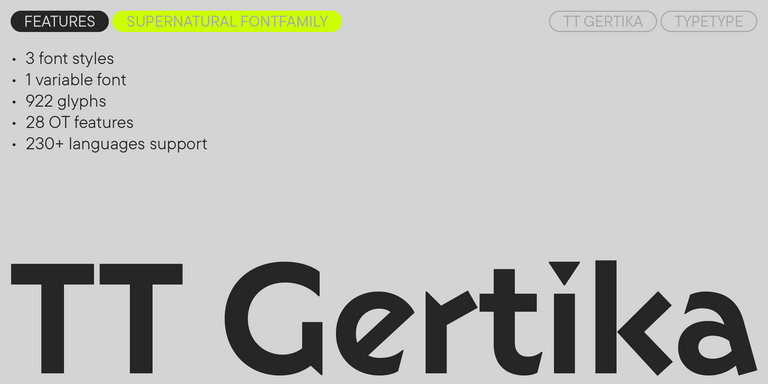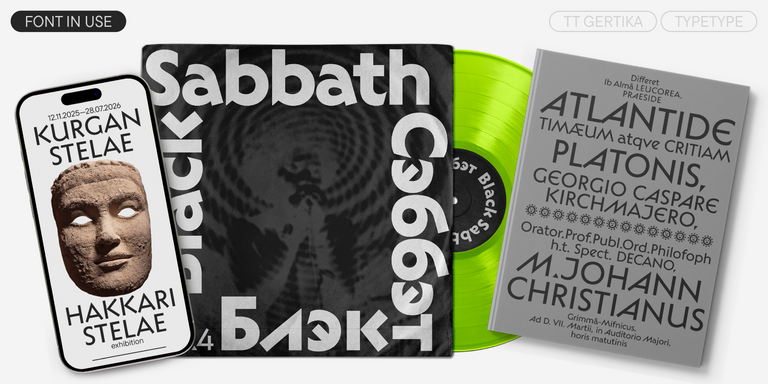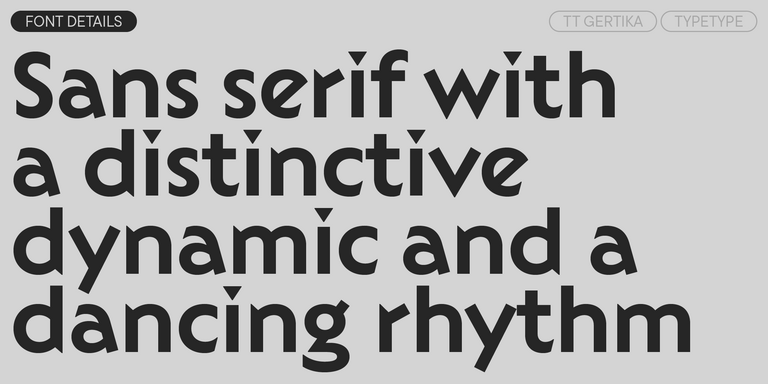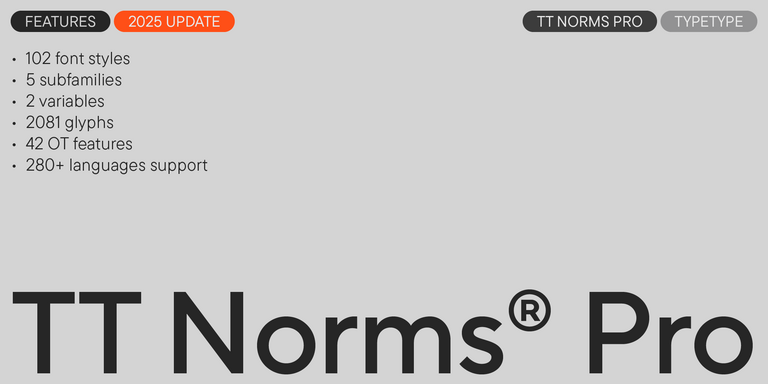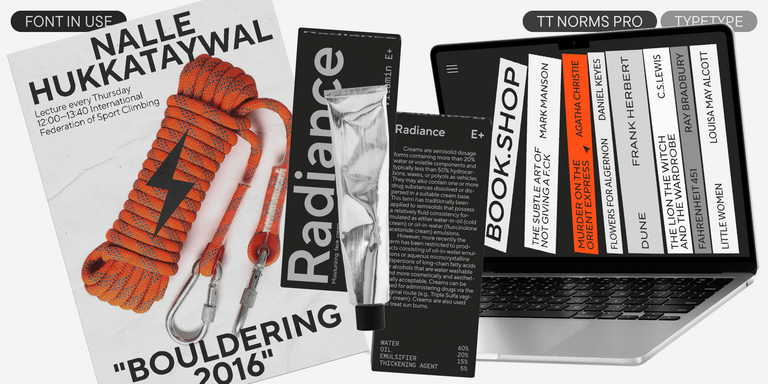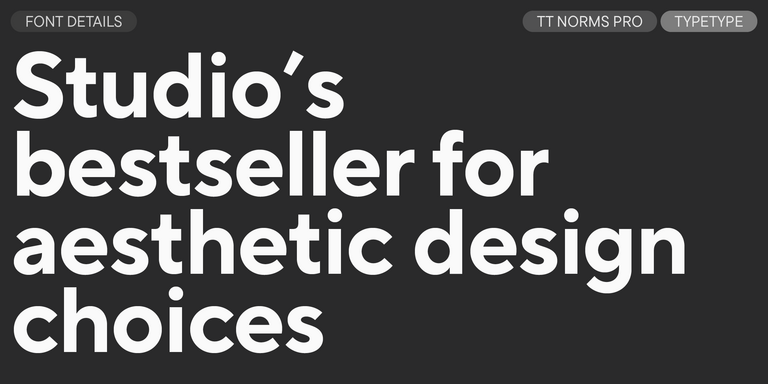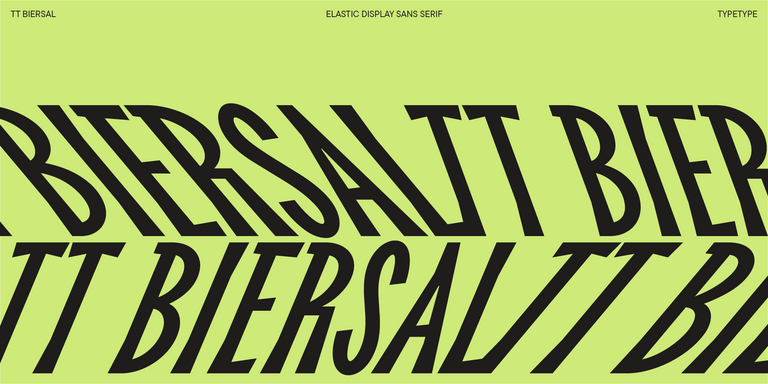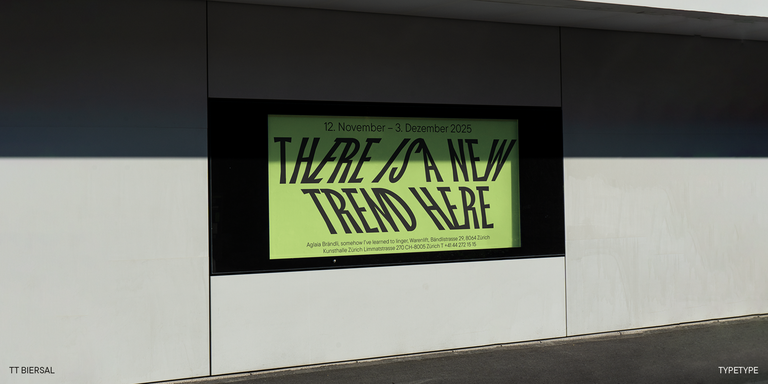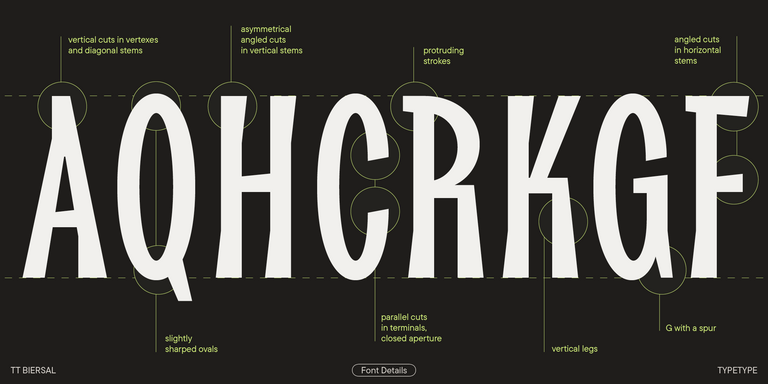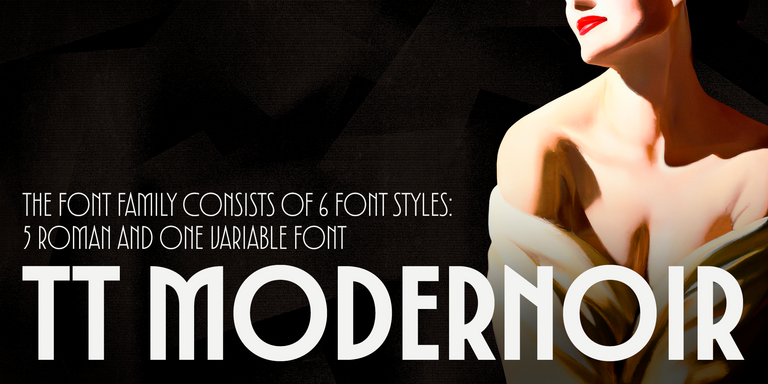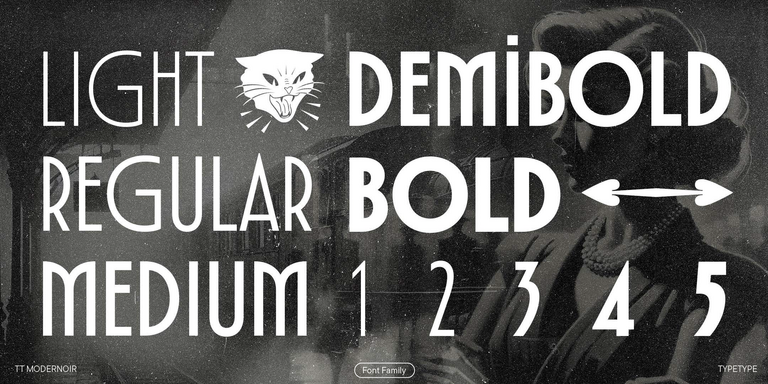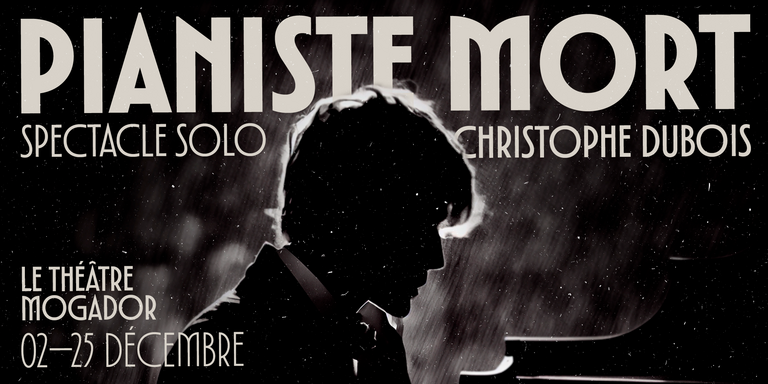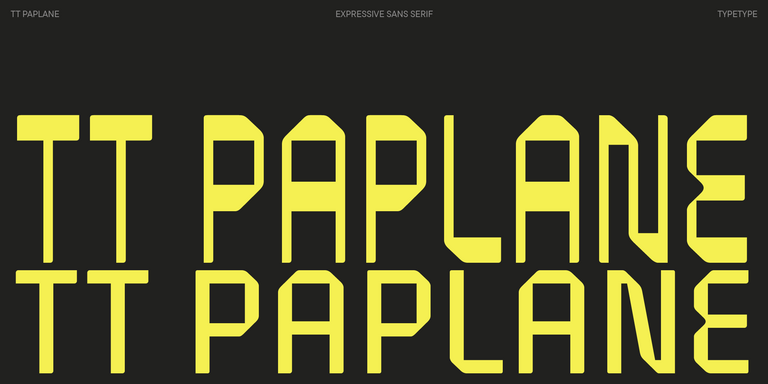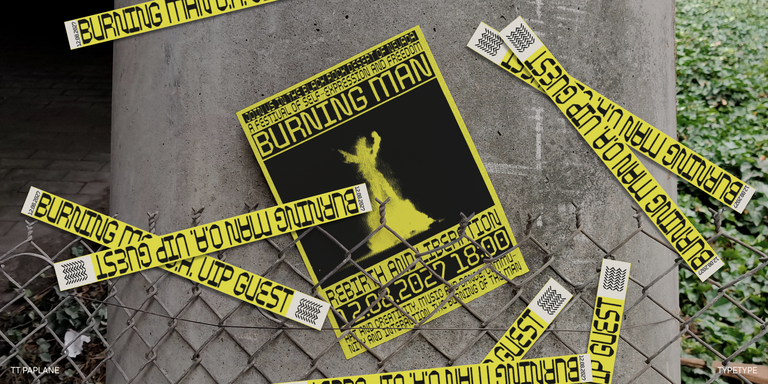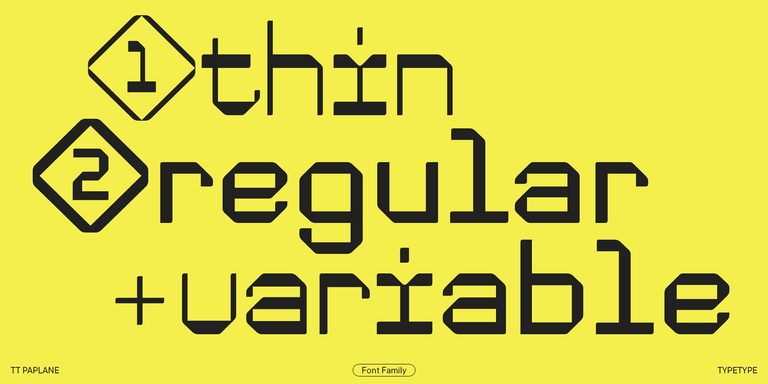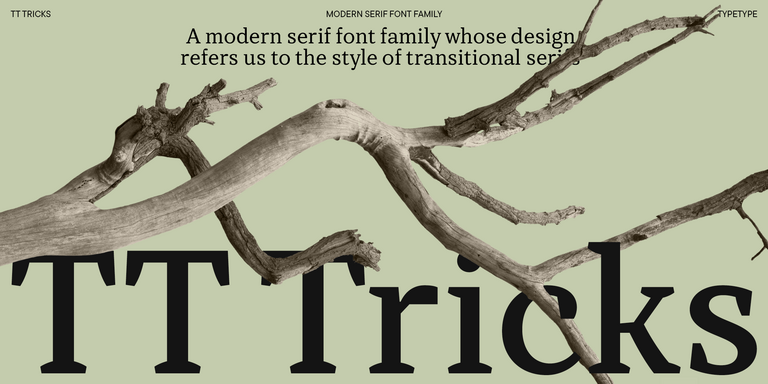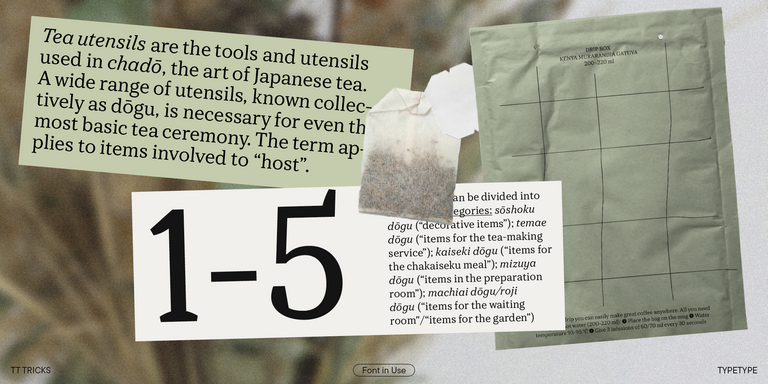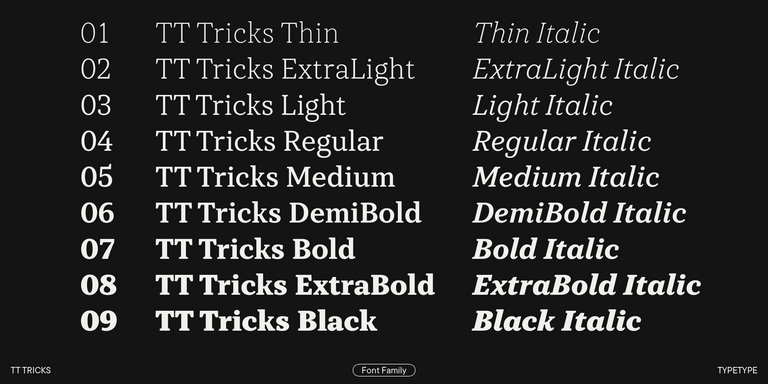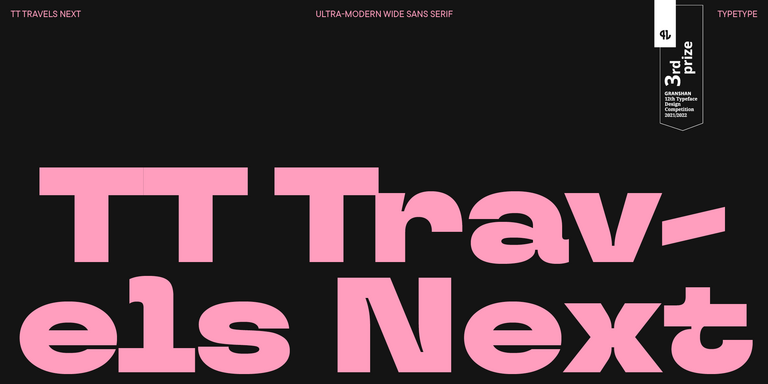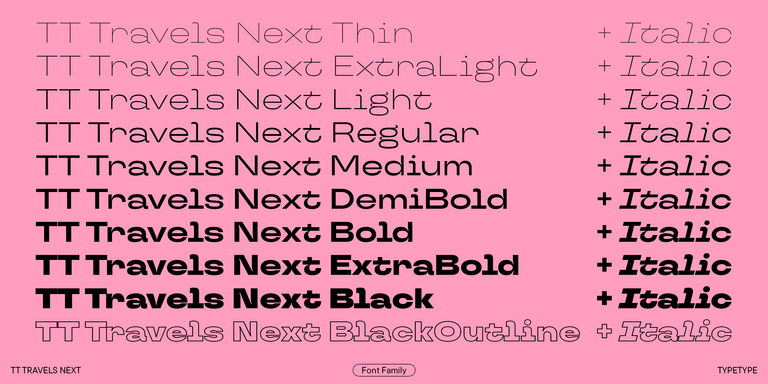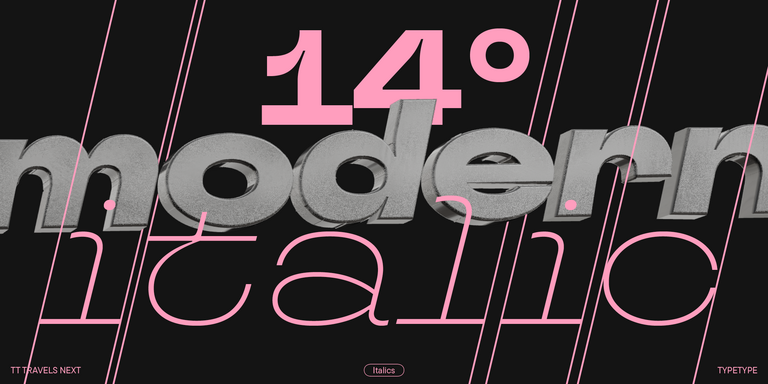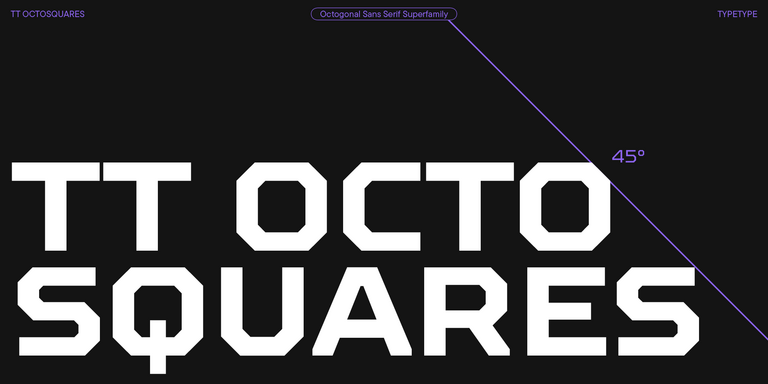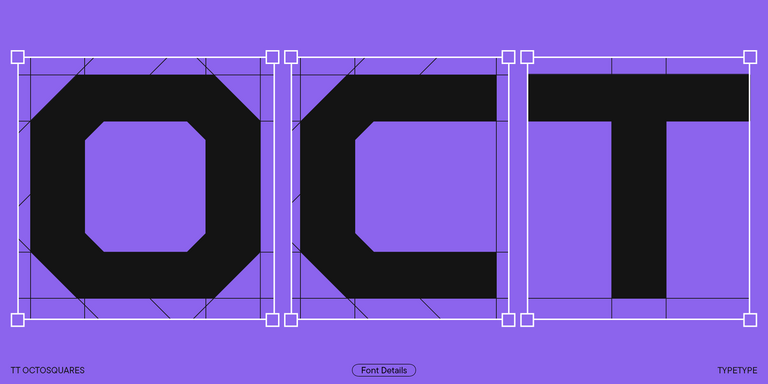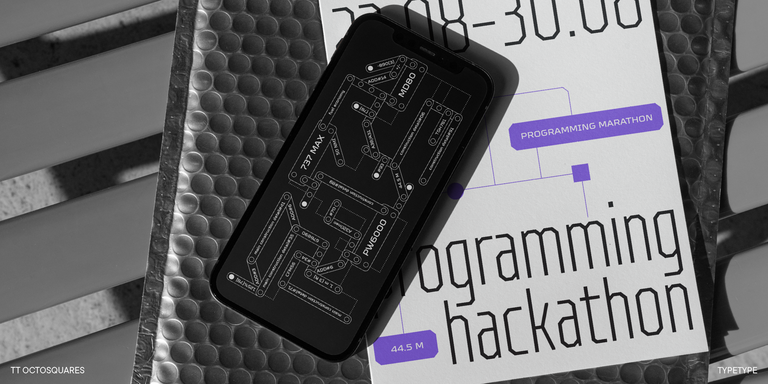- All
- Adobe Illustrator
- Adobe Photoshop
- Aesthetic
- Antiqua
- Architectural
- Artistic
- Beautiful
- Bestseller
- Calligraphy
- Capcut
- Casual
- Classic
- Clean
- Compact
- Computer
- Condensed
- Confident
- Contemporary
- Contrast
- Cooking
- Cool
- Creative
- Curly
- Cursive
- Cute
- Cyrillic
- Dark
- Decorative
- Delicate
- Distinctive
- Dynamic
- Ecological
- Economic
- Edgy
- Elegant
- Engraved
- Exclusive
- Experimental
- Extended
- Fashion
- Fat
- Figma
- For postcards
- Formal
- Fun
- Futuristic
- Geometric
- Government
- Graceful
- Grotesque
- Happy
- Humanistic
- Industrial
- Informal
- Initials
- Kid
- Label
- Latin
- Legible
- Ligatures
- Light
- Lively
- Luxury
- Masculine
- Mechanical
- Medical
- Minimal
- Modern
- Monospaced
- Multilingual
- Music
- Narrow
- New
- OpenType
- Organic
- Original
- Outline
- Playful
- Popular
- Postage
- Powerful
- Premium
- Pretty
- Retro
- Reverse italic
- Rounded
- Sad
- Sharp-edged
- Smart
- Sophisticated
- Sporty
- Stencil
- Sturdy
- Stylish
- Tall
- Technical
- Technological
- Thin
- Tiny
- TrueType
- TTF
- Typewriter
- Updated
- Utilitarian
- Versatile
- Vintage
- Weird
- Wide
- Wild
- WOFF
- Workhorse
- All
- Advertising
- App
- Board games
- Boat
- Book
- Branding
- Building
- Certificates
- College
- Corporate
- Dictionaries
- Digital
- Drink
- Ebook
- Editorial
- Event
- Fitness
- Flyer
- Food
- For quotes
- Gaming
- Headline
- Identities
- Infographics
- Interior design
- Invitations
- Jersey
- Logo
- Magazine
- Menu
- Movie
- Movie poster
- Movie theater
- Museum
- Music video
- Newsletter
- Newspaper
- Packaging
- Poster
- Publishing
- Retail
- Social media
- Tatoo
- Text
- Titles
- TV
- University
- User interface
- Video
- Wayfinding
- Web
- All
- Abazin
- Abkhazian+
- Acehnese
- Adyghe
- Afar
- Afrikaans
- Afrikaans+
- Agul
- Albanian
- Albanian+
- Aleut (cyr)
- Aleut (lat)
- Alsatian
- Altai
- Alyutor
- Aragonese
- Archi
- Arumanian
- Arumanian+
- Asturian
- Asturian+
- Asu
- Avar
- Aymara
- Azerbaijani (cyr)
- Azerbaijani (cyr)+
- Azerbaijani (lat)
- Azerbaijani (lat)+
- Banjar
- Bashkir
- Bashkir+
- Basque
- Basque+
- Belarusian (cyr)
- Belarusian (lat)
- Bemba
- Bena
- Betawi
- Bislama
- Bislama+
- Boholano
- Boholano+
- Bosnian (cyr)
- Bosnian (lat)
- Breton
- Breton+
- Bulgarian (cyr)
- Bulgarian (lat)
- Buryat
- Catalan
- Catalan+
- Cebuano
- Cebuano+
- Chamorro
- Chamorro+
- Chechen (cyr)
- Chechen (cyr)+
- Chichewa
- Chiga
- Chukchi
- Chuvash
- Chuvash+
- Colognian
- Colognian+
- Cornish
- Corsican
- Corsican+
- Cree
- Creole
- Croatian
- Czech
- Czech+
- Danish
- Danish+
- Dargwa
- Dolgan
- Dungan
- Dutch
- Dutch+
- Embu
- Enets
- English
- English+
- Erzya
- Eskimo
- Esperanto
- Estonian
- Estonian+
- Even
- Even+
- Evenki
- Evenki+
- Faroese
- Faroese+
- Fijian
- Filipino
- Filipino+
- Finnish
- French
- French+
- Frisian
- Friulian
- Friulian+
- Gaelic
- Gagauz (cyr)
- Gagauz (cyr)+
- Gagauz (lat)
- Galician
- Galician+
- Ganda
- German
- German+
- Gikuyu
- Greek
- Guarani
- Gusii
- Haitian Creole
- Hawaiian
- Hiri Motu
- Hungarian
- Hungarian+
- Icelandic
- Icelandic+
- Ilocano
- Indonesian
- Indonesian+
- Ingush
- Ingush+
- Innu-aimun
- Interlingua
- Irish
- Italian
- Italian+
- Itelmen
- Javanese
- Jola-Fonyi
- Judaeo-Spanish
- Kabardian
- Kabardino-Cherkess
- Kabuverdianu
- Kalenjin
- Kalmyk
- Kamba
- Karachay-Balkar (cyr)
- Karachay-Balkar (cyr)+
- Karachay-Balkar (lat)
- Karaim (cyr)
- Karaim (lat)
- Karakalpak (cyr)
- Karakalpak (lat)
- Karelian
- Karelian+
- Kashubian
- Kazakh (cyr)
- Kazakh (cyr)+
- Kazakh (lat)
- Ket
- Khakass
- Khanty
- Khasi
- Khvarshi
- Kinyarwanda
- Kirghiz
- Kirghiz+
- Kirundi
- Komi-Permyak
- Komi-Permyak+
- Komi-Yazva
- Komi-Zyrian
- Komi-Zyrian+
- Kongo
- Koryak
- Kryashen Tatar
- Kumyk
- Kumyk+
- Kurdish (cyr)
- Kurdish (lat)
- Kurdish (lat)+
- Ladin
- Lak
- Lakota
- Latvian
- Laz
- Leonese
- Lezgian
- Lithuanian
- Lithuanian+
- Livvi-Karelian
- Livvi-Karelian+
- Luba-Kasai
- Ludic
- Ludic+
- Luganda
- Luganda+
- Luo
- Luxembourgish
- Luxembourgish+
- Luyia
- Macedonian
- Macedonian+
- Machame
- Makhuwa-Meetto
- Makonde
- Malagasy
- Malay
- Malay+
- Maltese
- Manci
- Manx
- Maori
- Mari-high
- Mari-high+
- Mari-low+
- Marshallese
- Mauritian Creole
- Meru
- Minangkabau
- Minangkabau+
- Moldavian (cyr)
- Moldavian (lat)
- Mongolian
- Montenegrin (cyr)
- Montenegrin (lat)
- Mordvin-moksha
- Morisyen
- Nahuatl
- Nanai
- Nanai+
- Nauruan
- Ndebele
- Negidal’skij
- Negidal’skij+
- Nenets+
- Nganasan
- Nias
- Nivkh
- Nogai
- Norwegian
- Norwegian+
- Nyankole
- Occitan
- Orok
- Oromo
- Ossetian
- Palauan
- Polish
- Polish+
- Portuguese
- Portuguese+
- Quechua
- Quechua+
- Rheto-Romance
- Rohingya
- Romani (cyr)
- Romanian
- Romanian+
- Romansh
- Romansh+
- Rombo
- Rundi
- Russian
- Russian Old (XIX)
- Russian Old+
- Russian+
- Rusyn
- Rutul
- Rwa
- Saami Kildin
- Salar
- Samburu
- Samoan
- Sango
- Sangu
- Sasak
- Scots
- Selkup+
- Sena
- Serbian (cyr)
- Serbian (cyr)+
- Serbian (lat)
- Serbian (lat)+
- Seychellois Creole
- Shambala
- Shona
- Shor
- Shughni
- Siberian
- Siberian Tatar
- Silesian
- Slovak
- Slovak+
- Slovenian
- Slovenian+
- Soga
- Somali
- Sorbian
- Sotho
- Sotho+
- Spanish
- Spanish+
- Sundanese
- Swahili
- Swazi
- Swedish
- Swedish+
- Swiss
- Swiss German
- Swiss German+
- Tabasaran
- Tadzhik
- Tagalog
- Tagalog+
- Tahitian
- Taita
- Talysh (cyr)
- Talysh (lat)
- Tat
- Tatar
- Tatar Volgaic
- Tatar Volgaic+
- Tatar+
- Teso
- Tetum
- Tofalar
- Tok Pisin
- Tongan
- Tongan+
- Touva
- Tsakhur
- Tsakhur (Azerbaijan)
- Tsonga
- Tswana
- Tswana+
- Turkish
- Turkish+
- Turkmen (cyr)
- Turkmen (lat)
- Udege
- Udmurt
- Ukrainian
- Ulch
- Ulch+
- Urum
- Uyghur
- Uzbek (cyr)
- Uzbek (cyr)+
- Uzbek (lat)
- Valencian
- Valencian+
- Vastese
- Vepsian
- Vepsian+
- Vietnamese
- Volapük
- Võro
- Vunjo
- Walloon
- Walser
- Walser+
- Welsh
- Welsh+
- Wolof
- Xhosa
- Yaghnobi
- Yakut
- Yukagir
- Zaza
- Zulu
- Zulu+
- Show all
-
+ extended writing system
- All
- Aachen
- Accia Variable
- Acta Display
- Adelle
- Adobe Caslon™
- Aesthetic Moment
- Agency FB
- Agenda
- Agora®
- Aharoni
- Akkordeon
- Akkordeon Slab
- Akzidenz Grotesk
- Albertus
- Albra
- Alethia Next
- Alethia Pro
- Algebra Style
- Aller
- Altone
- Amatiers
- Americana®
- Amorinda
- Andalus
- Apercu Variable™
- Apercu™
- Apparel
- Approach
- Approach Mono
- Ar Bonnie
- Archer
- Arial
- Aribau Grotesk
- Arpona Sans
- Articulat CF
- Assemblage
- Asterism
- Atiku
- Auline
- Avant Garde
- Avenir
- Avenir® Next
- Aviano Sans™
- Aviano™
- Axiforma
- Bank Gothic
- Basis Grotesque™
- Baskerville
- Bauhaus
- Bazhanov™
- Bebas
- Bebas Neue Pro™
- Bedicta Hosta
- Begova
- Begum
- Belfast Grotesk™
- Belgiano Serif
- Belizio™
- Bembo
- Benton Modern
- Berlin Sans FB Demi
- Berling™
- Bernard MT Condensed
- Berthold Block® W1G
- Bethany Elingston
- Big Noodle Titling
- Biome™
- Birdlegs SG™
- Birka™
- Blacker Pro
- Bleeding Cowboys Pro
- Bliss
- Blora
- Bodoni
- Bogart
- Boldini
- Bolgifam
- Book antiqua
- Bookman Old Style
- Boston Traffic
- Bourgeois
- BR Candor
- BR Hendrix
- BR Omny
- Branding
- Brandon Grotesque
- Brasley
- Britannic Bold
- Brooklyn Samuels™
- Brother 1816
- Bureau Grot™
- Caecilia
- Calibri
- Cambria
- Campton
- Candara
- Cartier Book™
- Casagrande
- Caslon
- Castellar
- Century Schoolbook
- Cervo Neue
- Chamberí
- Charmini
- Chesion Display
- Chesna Grotesk
- Chilloxine
- Chiq
- Chopin
- Chronicle® Deck
- Chronicle® Display
- Chronicle® Hairline
- Circe
- Circular
- Ciutadella Display
- Clarendon
- Colgent
- Cooper Black
- Copperplate Classic Light
- Copperplate Classic Medium
- Copperplate New
- Corbel
- Corner Store JF
- Corporate A™
- Corporate E™
- Cotford™
- Crake
- Creative Vintage
- Crima
- Culoare
- Culoare v.2
- Cyntho Next
- Dante®
- DavidFarewell™
- Dazzle Unicase
- Deftone Stylus
- Dienstag™
- DIN
- Din Condensed
- DIN® Next
- Ding Pro
- Dom casual
- Droid Serif
- Drummer
- DX Rigraf
- Dx Sitrus
- EB Mensch
- Effra
- Eina
- Ela Demiserif
- Elegancy Style
- Elephant
- Elicit Script™
- Engrace
- Engravers
- Engravers Gothic
- Eras
- Eurocine™
- Eurostile
- Fabriga
- Faraon
- FF DIN®
- FF DIN® Paneuropean Varia
- FF Info® Text
- FF Kievit®
- FF Mark
- FF Meta
- Finalist Round Slab
- Foco
- Forte
- Founders Grotesk
- Franklin Gothic
- Frasa
- FreeSet
- Freight Big Pro
- Freight Display Pro
- Frutiger
- FS Industrie
- FS Me
- FS® Kim
- Futura
- Futura® Now
- Futura®mano
- Galliard
- Gambero
- Garamond Premier
- Gazpacho
- Gelica
- Genera
- Geneva
- Geogrotesque
- Geogrotesque Sharp
- Georgia
- Geraldton
- Gibson Serif
- Gill Sans
- Gilroy™
- Glory Migella
- Golca
- Goldfish
- Goodall™
- Gotham
- Goudy
- Gramatika
- Graublau Sans Pro
- Graublau Slab Pro™
- Gravesend Sans
- Gravitica
- Great Warrior
- Greenwich
- Grenette™
- Haettenschweiler
- Haigrast Serif
- Handel Gothic
- Hando
- Hanley Pro
- Harmonique™
- Hattori
- Heading Now
- Hello Kalista
- Helvetica
- Helvetica® Now
- Helvetica® Now Variable
- Hiragino Sans
- Hiragino Sans GB
- Hiragino Sans TC
- Hiruko Black Alternate
- Hoefler Text™
- Humanist 521
- Ideal Sans®
- Inklination
- Integral CF
- Interstate
- ITC Benguiat®
- ITC Berkeley Old Style
- ITC Charter®
- ITC Cheltenham®
- ITC Clearface®
- ITC Conduit®
- ITC Garamond™
- ITC Officina® Sans
- ITC Serif Gothic®
- ITC Stone® Serif
- ITC Weidemann®
- Izmir
- Jack Daniels
- Jawbreak
- Jazmín
- Jingland
- Joly™
- Journey Style
- Juana
- Kabel
- Kamal Style
- Kaolin Style
- Kapra Neue
- Kapra Neue Pro
- Kepler™
- Khimany
- Kiceria and Rafael
- Klavika
- Knockout
- Koffins
- Kontora
- Korolev
- Kumbaya
- Kurdis
- La Luxes
- Lacoste Foliage
- Larken
- Lato
- Lebora
- Lemon Milk Pro™
- LFT Etica
- Linotype Didot™
- Lithos Pro
- Lithos™
- Lora
- Lovelace
- Ltt Recoleta
- Lydian™
- Mabry™
- Machera
- Macklin
- Madera®
- Magistral
- Maiandra GD
- Maige
- Maison Neue
- Maison™
- Manier
- Marble
- Marion
- Mason
- Mazzard
- Mazzard Soft
- MB Empire
- Meritta Serif
- Microgramma
- Mikaway®
- Miller Display
- Minion Pro
- Minion®
- Mireille
- Mirganel
- Mixta
- Mollie Glaston
- Monera
- Moneta
- Montalica
- Montserrat
- Mont™
- Moolboran
- Moranga
- Morgini
- Mozaic
- Mrs Eaves
- MSung™ HK
- Multiple
- Mundial
- Myriad pro
- Nasalization™
- Nave
- Necoti
- Nekst
- Neo Sans
- Neue Frutiger® World
- Neue Haas Grotesk™ Disp
- Neue Haas Grotesk™ Text
- Neue Haas Unica™
- Neue Helvetica®
- Neue Plak™
- Neuropol
- Neutraface
- New Black Typeface
- News 706
- Nexa
- Nexa Rust™
- Novera
- Ocean Sans®
- Oddlini
- Oktah Neue
- Olyford
- Ondise
- Onyx
- Open Sans
- Operetta
- Optima
- Orchidea Pro
- Organetto
- P22 Mackinac™
- Palatino
- Panton
- Patron™
- Perpetua
- Plantagenet Cherokee
- Plantin®
- Playfair Display
- Plush
- Poiret One
- Posterama™
- Prachason Neue
- Press Gothic
- Pronto MF
- Proxima Nova
- Prumo Display
- PT Sans Pro
- Puck
- Quarto®
- Quinie SS
- Quiza Pro
- Quora Style
- Rage italic
- Reba Samuels
- Recoleta
- Refrigerator Deluxe
- Rekord Antiqua™
- Remaid Typeface
- Richler®
- Riesling
- Roboto
- Rockwell
- Rofage
- Rosewood
- Rotis
- Ruberoid
- Rutherford
- Rylan
- Sabon Next®
- Salina
- Sancoale Slab Soft™
- Sancoale Slab™
- Sanggar
- Satari Display
- Script MT Bold
- Scriptina
- Sea Angel
- Segment
- Segoe Script
- Segoe UI
- Sentinel
- September
- Seravek
- SFT Sushka
- Shorai™ Sans
- Silk Serif
- Single Bound
- SK Monaco
- SK Reykjavik
- Slate™
- Sol Pro™
- Soliden
- Soundboy
- Souvenir
- Span
- SST® Japanese
- Starbucks
- Stempel Garamond LT™
- Stereonic
- Strike Catch
- Studio Sable
- Supportex
- Sweet Vusstain
- Swiss 721
- Take Five
- Tazugane® Gothic
- The Lastone
- The Seasons
- Times New Roman
- Times®
- Titling Gothic FB
- Toroka
- Touvlo™
- Trade Gothic
- Trade Gothic Next®
- Trajan
- Transat Text
- Trend
- Tungsten
- Typist Code Mono
- Univers
- Urbane
- Urbane Condensed
- URW DIN®
- Vag Rounded
- Value Serif™
- Vaselina
- Vast
- Velour
- Venice Bridge
- Verdana
- Village™
- Violenta Slab
- VTF Justina
- Vuska Black
- Walbaum
- Westmount
- Whitney
- Wolpe Pegasus™
- Yefimov Serif
- Zing Sans Rust™
- ZT Talk
- Zuers
- Show all
- 60% off Special offer is valid until 25 Apr, 2025
- Bestseller
- Updated
TT Interphases Pro is a neo-grotesque sans serif with equal-width proportions
- 60% off Special offer is valid until 25 Apr, 2025
- Bestseller
- Updated
- 60% off Special offer is valid until 28 Mar, 2025
- Bestseller
- Updated
TT Ramillas is a fully reconsidered high contrast transitional serif, which is perfectly adapted to modern realities and requirements.
- 60% off Special offer is valid until 28 Mar, 2025
- Bestseller
- Updated
TT Drugs is a typeface that doesn’t feature serifs but stands out for its high contrast.
-
from
$42 . 99Original price was: $42 . 99 . $17 . 20Current price is: $17 . 20 . - 60% off Special offer is valid until 28 Mar, 2025
-
from
$29Original price was: $29 . $11 . 60Current price is: $11 . 60 . - 60% off Special offer is valid until 4 Apr, 2025
-
from
$42 . 99Original price was: $42 . 99 . $25 . 79Current price is: $25 . 79 . - 40% off Special offer is valid until 4 Apr, 2025
-
from
$42 . 99Original price was: $42 . 99 . $21 . 50Current price is: $21 . 50 . - 50% off Special offer is valid until 11 Apr, 2025
-
from
$42 . 99Original price was: $42 . 99 . $25 . 79Current price is: $25 . 79 . - 40% off Special offer is valid until 18 Apr, 2025
-
from
$42 . 99Original price was: $42 . 99 . $17 . 20Current price is: $17 . 20 . - 60% off Special offer is valid until 25 Apr, 2025
TT Commons™ Pro is a completely redesigned version of the well-established classic font family TT Commons.
TT Gertika is a geometric sans serif with a dynamic character and a dancing rhythm. This font’s idea originates from the lettering featured on an American poster from the late 1930s.
The bestseller TT Norms® Pro—a geometric sans serif, trouble-free workhorse
TT Biersal is a display sans serif with a free-spirited, playful, and adventurous nature. The concept of this font was sparked by a German poster from the early 1930s.
TT Modernoir is a display sans serif with dynamic proportions. Fluid lines and delicate Art Nouveau forms in this typeface blend seamlessly with the rhythmic flow and improvisational freedom of jazz.
TT Paplane is a squared-looking display sans serif.
TT Tricks is a modern text serif with a design reflecting the style of Transitional serifs. This font has a calm, elegant, and moderately stern character.
TT Travels Next is a very trendy and modern wide display sans serif for use in different sets, be they print or web.
TT Octosquares is a fresh, revised, expanded, and significantly improved version of our first commercial font TT Squares & its narrow version.
Variable fonts are a breakthrough in font technologies. Now, a type designer can combine many font files into one and change the font variation settings in real time with the help of a variability-controlling tool. Variability can be implemented in any aspect, starting with traditional variability of the width, weight, or slant up to variability that directly influences the visuals of the font. Another advantage of variability, especially if you are working with web typography, is the small font file size compared to the size of a traditional font family.
The variability range of a font is almost endless and is only limited by your imagination. It is important to note that, at present, not all operating systems, software, and browsers support variable technologies, and we strongly advise you to check before purchasing if your software supports OpenType variable fonts. If you have any questions on variable fonts, send them to us at [email protected].
Variable Fonts by TypeType foundry
The TypeType library now includes 17 fonts supporting variable font format for any tasks and all tastes. Variable fonts from the TypeType library can be classified into three large groups: ultimate workhorses with three variability axes, fonts with two variability axes, simple variable fonts with one variability axis, and variable fonts impacting font design.
The first group consists of TT Commons™ Pro, TT Lakes Neue, TT Octosquares, and TT Supermolot Neue. These fonts have three axes of variability (weight, width, and slant) that grant users access to a vast array of choices and the possibility to use the type-controlling tool to create an absolutely unique combination.
The second group features fonts with two variability axes: TT Hoves Pro, TT Fors, and TT Autonomous. Unlike the first group of fonts, these do not allow working with the width axis as they have default width, but they provide unlimited freedom (within the extremes range) in choosing the weight of the font, its slant, or the combination of both.
The third group contains fonts with only one variability axis, and each of the other axes has a separate font file. These fonts are TT Globs, TT Autonomous Mono, TT Ramillas, TT Runs, TT Interphases Pro, TT Interphases Mono, TT Trailers, TT Norms® Pro, and TT Firs Neue. When working with the fonts from this group, you have some freedom to choose certain formats or parameters freely (either weight or width), which allows for adjusting the font to your task.
The most unusual one is the fourth group of TypeType fonts, which has TT Alientz, TT Frantz, and TT Geekette. The main difference between this and the other groups is that variability in these fonts directly impacts the font style and its visual design. For example, in TT Frantz, you can use the type-controlling tool to change the mean line of the font from a very tall art nouveau style to a very short, somewhat avant-garde look. TT Alientz's variability allows for a stylistic transformation from a bright display sans serif to a very prickly and spirited serif. TT Geekette, in turn, can transform from a monospace slab into a malleable slab with reverse contrast.



